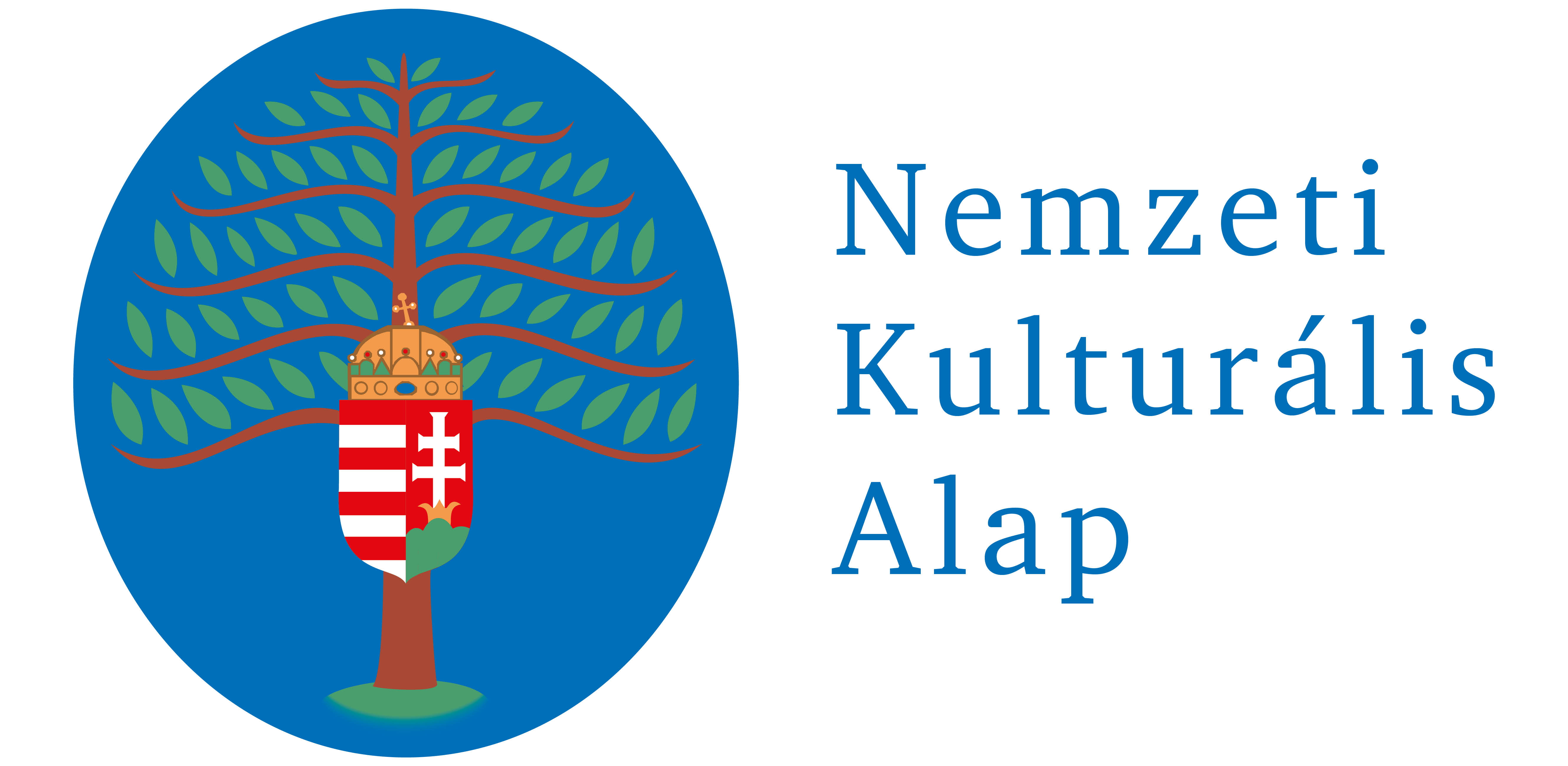Naptár
2024. április 15–19.
2024. április 20.
Eötvös József Kárpát-medencei középiskolai szónokverseny
2024. április 24. – május 3.
Tovább...
4. 2015.
Abstracts in English
Studies
Balázs, László
The possibilities of the development of generation Z: alternative methods in public education
The characteristics of the development and socialization of generation Z – parallel to the development of ICT devices – show crucial differences compared to earlier generations. ICT devices are an integral part of the lives of youngsters born between 1995 and 2009 and they have affected their world view and perception of reality. Using the results of the analysis of generation Z, this study proposes the adaptation of training and development methods – training forms based on interactive and participational activities used in the business sector – which suit the needs of this generation as well. The aim of this analysis is to give an overall picture of the particular methods and to highlight the possibilities of their application in public education.
Laczkó, Mária
Memory function and text processing
This study investigates the relation between short-term memory function and the results of reading comprehension in the case of secondary school students with a regular curriculum and in language preparatory classes. It seeks the answer to the question to what extent memory dysfunctions underlie the text comprehension results of the students studying in two different classes. The results of the empirical experiment have shown that text comprehension results of students with a regular curriculum are significantly weaker than the results of students studying in a language preparatory class. In addition, out of the interacting subskills short-term reading and hearing dysfunctions considerably underlie the low text comprehension performances. Memory development in the secondary school thus seems essential and the role of memorizing texts must also be emphasized.
Vakula, Tímea
How to develop the listening comprehension of children in the kindergarten with storytelling?
The aim of the study is to investigate the effect of storytelling on the development of listening comprehension. According to the hypotheses, a smaller group of children produces an age-appropriate performance in listening comprehension; 50 children participating in the training reach significantly better results in the text comprehension test than members of the control group and the development is remarkable in each case. The study gives a report on the research with 51 kindergarten children who were tested with GMP diagnostics twice. Children in one group received a ten-week intensive training between the two tests, based on the use of the development supporting system devised by Jozsef Nagy in 2009. Results show that a well-selected story and the carefully built up processing based on the story can have a positive effect on the development of children in kindergarten already.
Workshop
Adamik-Jászó, Anna
How to prepare our students for a rhetoric contest?
This study deals with the art of rhetoric and the educational questions and possibilities of certain subareas – on the occasion of a rhetoric contest. After the introduction of the discipline, the study provides an overview of the international and national status quo of teaching rhetoric and then discusses the results of teaching rhetoric in Hungary in the last two decades. Before introducing the main phases of preparing for a rhetoric contest, it emphasizes the importance of continuous practice (classical preparatory exercises, argumentative essays, and oral presentations) and it introduces the steps of the preparation based on the five tasks of an orator (invention, arrangement, style, memory, and delivery). The study also discusses the questions of preparing compulsory speech and improvisation. The main aim of the study is to provide help with the introduction of particular techniques and methods, not only to prepare for a rhetoric contest, but also to create quality language use essential in any field of life and to raise the standard
Rozgonyi-Molnár, Emma
Advice to participants of rhetoric contests and their teachers
This study aims to support the work of students preparing for rhetoric contests and that of teachers preparing them. Oral presentation has become a common practice since the beginning of the 20th century. High quality and logical language use does not only go together with traditional speaking sessions, but the repository of persuasion can be used in all areas of public life. Rhetoric is one of the taught subjects in secondary school since 1995 and in relation to this, the rhetoric contest has come to life. The study briefly discusses elocution techniques, then it introduces supra-segmental devices in detail to show how they serve the ideas and the emotional and mood display of the whole text. Public speaking is a complex task; therefore, the study also mentions other components, such as non-verbal signs. The aim: Speech should not only be intelligible, but also persuasive and diverse, even beautiful.














